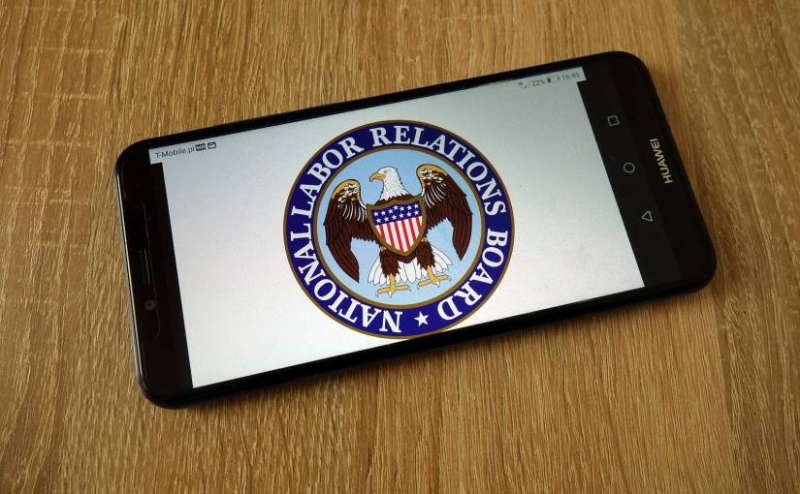On September 11, 2024, the U.S. Court of Appeals for the Fifth Circuit in Mayfield v. U.S. Department of Labor confirmed that the United States Department of Labor (“DOL”) has the authority to use a salary basis to define its white-collar overtime exemptions. This is a significant win for the DOL as it is presently defending its latest increase to the minimum salary thresholds for executive, administrative, and professional exemptions under the Fair Labor Standards Act (“FLSA”), also known as the FLSA’s “white-collar exemptions,” in litigation pending in the U.S. District Courts for the Eastern and Northern Districts of Texas.
The Mayfield Decision
In Mayfield, a unanimous three-judge panel of the Fifth Circuit provided that the DOL has the authority to “define and delimit” an exemption from overtime pay under the FLSA. In so ruling, the Court affirmed the dismissal of a lawsuit initiated by a Texas fast-food operator, Robert Mayfield, who claimed Congress never authorized the DOL to use salaries as a test for whether workers have managerial duties.
The Court rejected Mayfield’s argument. In response, the Fifth Circuit wrote that “[d]istinctions based on salary level are… consistent with the FLSA’s broader structure, which sets out a series of salary protections for workers that common sense indicates are unnecessary for highly paid employees.” Upon issuing the Mayfield decision, the Fifth Circuit joined the four other federal appeals courts that have considered this issue previously (including the D.C. Circuit, Second Circuit, Sixth Circuit, and the Tenth Circuit).
2024 DOL Rule
The 2024 DOL rule effectively focused on three main points. First, it raised the minimum weekly salary to qualify for the FLSA’s white-collar exemptions from $684 per week to $844 per week (equivalent to a $43,888 annual salary) on July 1, 2024. Second, it called for another increase of the minimum weekly salary to $1,128 per week (equivalent of a $58,656 annual salary) on January 1, 2025. Third, under the 2024 DOL rule, the above salary threshold would increase every three years based on recent wage data.
As mentioned above, the Mayfield decision comes at a time when the DOL is defending its recent 2024 rule increasing the salary thresholds for white-collar exemptions in both the Eastern and Northern Districts of Texas. Indeed, the Mayfield decision’s timing could not have come at a more opportune time for the DOL because it supplies these Texas federal judges with new direction from the Fifth Circuit to consider when making their rulings.
What Does This Mean for Employers?
The Mayfield decision bolsters the DOL in its bid to set and increase the minimum salary requirements for its white-collar overtime exemptions, which will certainly pose challenges for employers in creating compliant employee compensation structures. In short, if the 2024 DOL rule goes into effect, employers will have to substantially raise their employees’ salaries to ensure they remain properly exempt from the overtime provisions of the FLSA.
© Polsinelli PC, Polsinelli LLP in California
by: Derek A. McKee of Polsinelli PC





